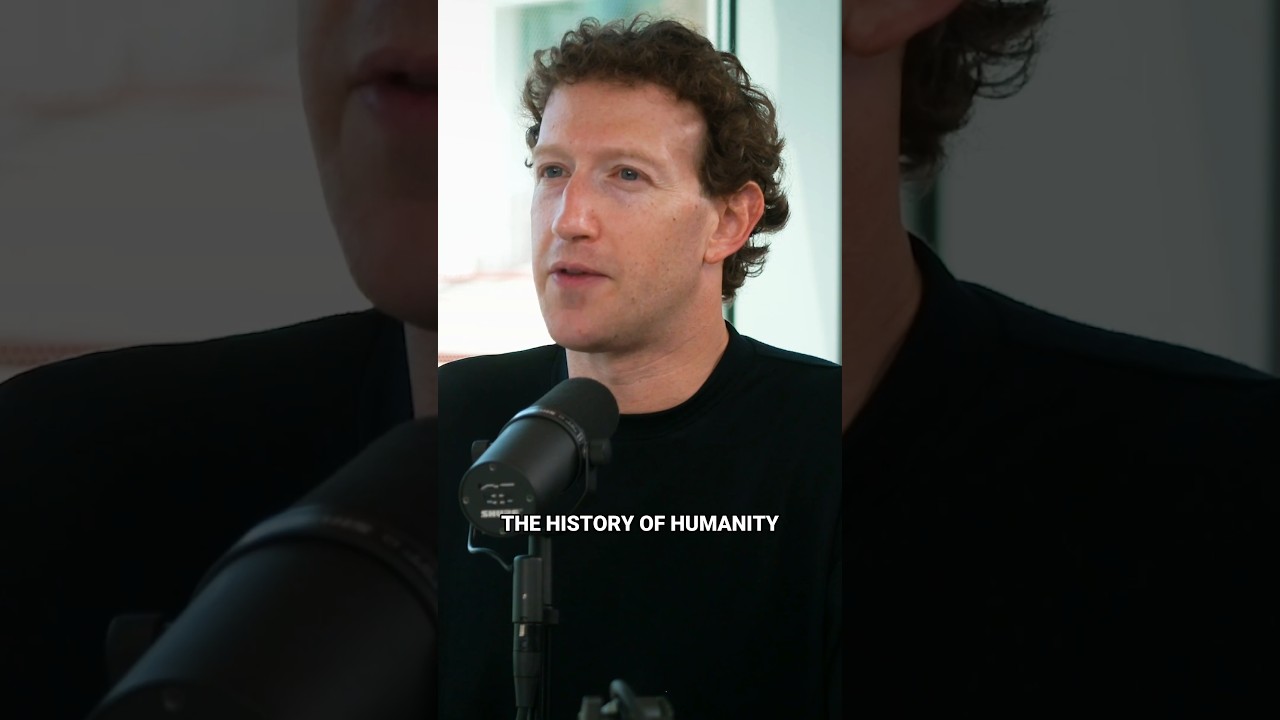In the video, Mark Zuckerberg discusses the distinction between intelligence and consciousness, arguing that AI can be intelligent without being conscious or self-aware. He emphasizes that recognizing this separation allows for the effective use of AI as a powerful tool to enhance various aspects of life, while also alleviating fears about its potential sentience.
In the video, Mark Zuckerberg discusses the evolving understanding of intelligence and consciousness, particularly in the context of artificial intelligence (AI). He reflects on the historical perspective of humanity, where people have often believed that certain traits or characteristics are uniquely human. For instance, the notion that Earth was the center of the universe was a widely held belief until it was proven otherwise. Despite these realizations, Zuckerberg emphasizes that humanity remains special and unique in its own right.
Zuckerberg points out a common bias where people equate intelligence with life itself. He argues that this connection is not as clear-cut as many might think. The idea that intelligence must inherently involve consciousness or agency is a prevalent theme in science fiction, where intelligent beings often exhibit human-like behaviors. However, Zuckerberg suggests that the current trajectory of AI development indicates that intelligence can exist independently of consciousness.
He elaborates on the distinction between intelligence and consciousness, suggesting that AI can be a powerful tool without necessarily possessing self-awareness or human-like qualities. This separation allows for the development of intelligent systems that can perform complex tasks without the need for consciousness or emotional understanding. Zuckerberg believes that this perspective can lead to more effective and beneficial applications of AI technology.
Moreover, Zuckerberg emphasizes the potential of AI as a valuable resource for humanity. By recognizing that intelligence does not require consciousness, we can harness AI’s capabilities to enhance various aspects of life, from problem-solving to improving efficiency in different sectors. This understanding can help mitigate fears surrounding AI, as it frames the technology as a tool rather than a sentient being.
In conclusion, Zuckerberg’s insights challenge traditional notions of intelligence and consciousness, advocating for a clearer distinction between the two. He encourages a perspective that appreciates the unique qualities of humanity while also recognizing the potential of AI as a non-conscious but intelligent tool. This approach can foster a more constructive dialogue about the future of AI and its role in society.
